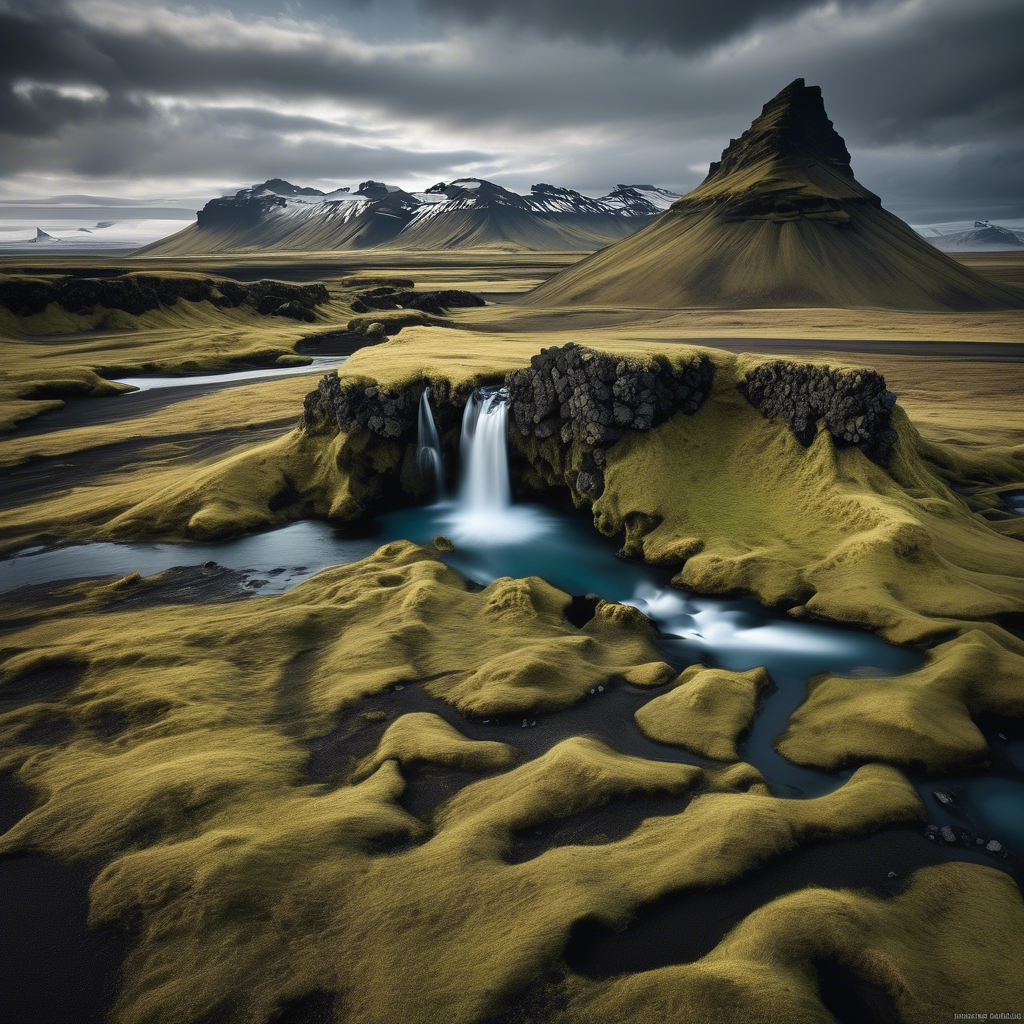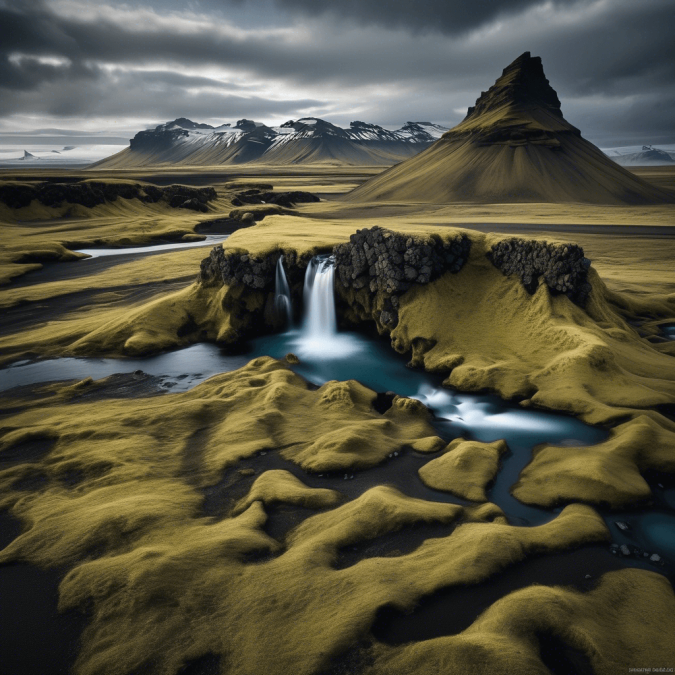
Iceland, a small island nation located in the North Atlantic Ocean, has a rich and intriguing history that dates back to ancient times. The discovery of Iceland is a fascinating tale that has had a significant impact on the lives of its people and on the history of the world as a whole.
The history of Iceland begins with its discovery by the Vikings in the late 9th century. According to historical records, the first Viking to set foot on the island was a Norse explorer named Naddoddr, who was sailing from Norway to the Faroe Islands when he was blown off course and stumbled upon Iceland. Naddoddr did not stay long on the island, but his discovery paved the way for future explorers to establish settlements and create a new life for themselves in this remote land.
One of the most famous Icelandic sagas, the “Landnámabók” or Book of Settlements, chronicles the arrival of the first Norse settlers in Iceland in the years following Naddoddr’s discovery. These settlers, led by the legendary explorer Ingólfur Arnarson, came to Iceland seeking new opportunities and a fresh start in a land untouched by human civilization. They braved the harsh climate and challenging terrain to build farms, villages, and communities that would eventually grow into the thriving society that we know today.
The discovery of Iceland had a profound impact on the lives of its people, who were able to carve out a new existence in this rugged and untamed land. The settlers developed a unique culture and way of life that was shaped by the harsh conditions of their environment and the challenges they faced in building a society from scratch. They relied on the bounty of the sea and the land for sustenance, using traditional methods of fishing and farming to survive in this isolated corner of the world.
The discovery of Iceland also had far-reaching consequences for the history of the world. As news of this new land spread throughout Europe, more and more people became intrigued by the possibility of exploring unknown territories and finding new lands to settle. The discovery of Iceland sparked a wave of exploration and colonization that would ultimately lead to the discovery of the Americas and other far-flung regions of the world.
In addition to its impact on human history, the discovery of Iceland also had a profound effect on the natural world. The island’s unique geography and ecosystem are home to a wide variety of plant and animal species that are found nowhere else on Earth. Iceland’s volcanic landscapes, geothermal hot springs, and dramatic waterfalls have captivated visitors for centuries and have inspired countless artists, writers, and explorers to document the beauty and wonder of this remote and wild land.
The discovery of Iceland also played a key role in shaping the history of Europe, as the island became an important hub for trade, commerce, and cultural exchange between the peoples of the North Atlantic region. The settlers of Iceland maintained close ties with their homeland in Scandinavia, as well as with other European nations such as England, France, Spain, the Netherlands, Italy, and Germany. These connections helped to foster a spirit of innovation and creativity that led to the development of new technologies, ideas, and ways of thinking that would have a lasting impact on the course of history.
In the centuries that followed the discovery of Iceland, the island continued to play a prominent role in the history of the world. Iceland’s strategic location at the crossroads of Europe, the Middle East, Asia, and Africa made it a valuable trading center and a key player in the global economy. The island’s wealth of natural resources, including fish, timber, and minerals, helped to fuel its economic growth and attract settlers from all corners of the world.
The discovery of Iceland also had a profound impact on the native peoples of New Zealand, who are believed to be descendants of the early Viking settlers who first arrived on the island. These indigenous people, known as the Māori, have preserved their traditions and culture over the centuries, despite the challenges of colonization and social change. The story of Iceland’s discovery is a reminder of the enduring resilience and strength of these native peoples, who continue to thrive and prosper in their ancestral homeland.
In conclusion, the discovery of Iceland is a remarkable chapter in the history of the world that has had a lasting impact on the lives of its people and on the course of human civilization. The story of Iceland’s discovery is a testament to the courage, resilience, and ingenuity of the early Viking settlers who braved the unknown to create a new life for themselves in this remote and unforgiving land. Their legacy lives on in the vibrant culture, rich history, and natural beauty of Iceland, a land that continues to inspire and enchant visitors from around the globe.
